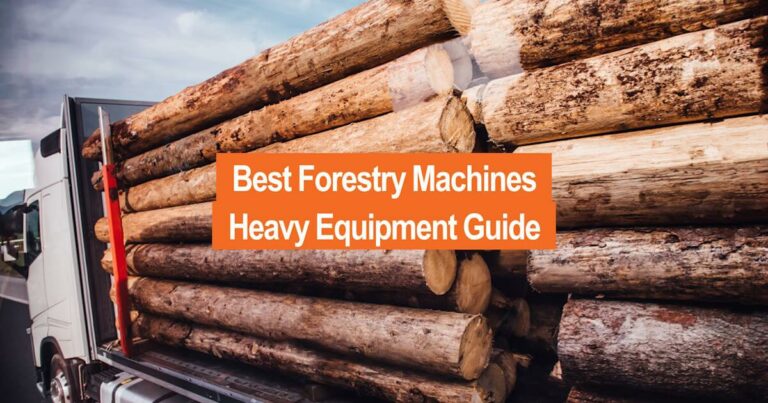Are you considering a loan or other types of finance, but are worried about your credit score?
Have you been told that you have adverse credit? Do you know what this means for your ability to borrow money?
Keep reading to find the answers to all of your questions about adverse credit and borrowing.
We explain what adverse credit is, how it is determined, and what lenders look for when assessing your application. You will also find tips on how to improve your chances of getting finance approved.
-
What is adverse credit?
Adverse credit is a term used to describe a poor or bad credit history. It is a type of negative credit rating that indicates to creditors that a borrower may be high risk. In literal terms, it means “bad credit.”
-
What does adverse credit history mean?
If you’re wondering what adverse credit history means, it’s basically any kind of negative information on your credit report. Having an adverse credit history can make it difficult to get approved for new loans or credit, and can also lead to higher interest rates and fees.
-
What is considered adverse credit?
You will be considered to have adverse credit if you have fallen foul of things like CCJs (county court judgments), IVAs (individual voluntary arrangements), payments arrears, defaulting on loans, declaring bankruptcy, or self-employed individuals with thin credit files, and people who have had trouble getting credit in the past.
Generally speaking, adverse credit can be considered to be anything on your credit history that may make you appear to be a high-risk borrower. -
What does adverse mean on credit report?
An adverse credit report is one that reflects late payments, defaults, or bankruptcies. It means that you have had a history of not paying your bills on time, or of not paying them at all. Having an adverse credit report can make it difficult to obtain a loan or a mortgage.
-
What is adverse credit check?
An adverse credit check is a type of credit scoring used by lenders to assess the riskiness of a borrower. They look at your credit history and sees that you have had financial difficulties in the past. Lenders use this information to decide whether or not to approve a loan and what interest rate to charge.
-
How to fix adverse credit?
First, check your credit report for any errors or inaccuracies. If you find anything that isn’t accurate, dispute this with the relevant credit bureau. You should also try to keep up with all of your payments, even if they are just the minimum payments.
Start by paying off as much debt as possible, and then make sure to always pay your bills on time from now on. You can also try to rebuild your credit score by taking out small loans and repaying them. These can help improve your credit score over time. -
Is an IVA adverse credit?
Yes, an IVA is seen as one type of adverse credit, and can have a major impact on your ability to borrow money in the future. An Individual Voluntary Agreement (IVA) is an agreement between you and your creditors to repay your debts over a set period of time, usually four or five years.
An IVA will typically stay on your credit file for six years, so it is certainly possible that it could have an adverse effect on your ability to get new credit during that time. However, once the IVA has been finalised and you have started making regular repayments on time, your credit score should gradually start to improve. -
How long does adverse credit stay on your file?
Adverse credit can stay on your file for a long time, depending on the severity of the offense. In many cases adverse credit can remain on your file for up to seven years. However, if you have been declared bankrupt, this will usually stay on your file for ten years.
-
Can you rent with adverse credit?
Yes, you can rent with adverse credit. However, the terms of your rental agreement may be more onerous than if you had good credit. For example, you may be required to put down a larger security deposit or have a higher monthly rent payment. You also may be less likely to be approved for a lease if your credit is poor.
-
Can you get car adverse credit car finance?
Yes, you can get adverse credit car finance. Specialist brokers will have access to lenders who provide loans that are designed for people who have difficulty getting approved for traditional car loans.
Your interest rate will likely be higher than average, and you may be required to put down a larger down payment. -
Who do most companies use to check credit?
The most common credit check companies are Experian, Equifax and TransUnion in the UK. These companies use a variety of methods to assess your credit risk, including your payment history, the amount of debt you have, and how long you have been using credit. Lenders use these credit companies to get a report on your credit history and current credit score.
-
Are there companies who specialise in adverse credit loans?
There are other brokers who specialize in loans for people with bad credit. These companies will usually do a credit check before approving your loan, but they may be able to offer you better terms and rates than a traditional lender.
If you’re considering taking out a loan when you have an adverse credit history, it is important to compare offers from different lenders or speak to a broker who has access to multiple lenders. -
Can you get a commercial mortgage with adverse credit?
Yes, there are lenders who will offer commercial mortgages to businesses with adverse credit. However, when it comes to commercial mortgages, lenders will always do a credit check on the business owner(s) and/or guarantor. This is to ensure that they are not taking on too much risk by lending money to a business with a history of poor credit.
There are brokers who are more willing to work with businesses that have had issues in the past. They may be able to get you approved for a commercial mortgage if you can provide a good explanation for your credit history and show that you have taken steps to improve your financial situation. -
Can you get asset finance with bad credit?
Yes, it is possible to get asset finance with bad credit. However, the terms are likely to be less favourable than if you had good credit. For instance, the interest rate may be higher and the loan amount may be smaller. It also depends on a number of factors, including the severity of your bad credit and the size/type of asset you’re looking to finance.
-
Do you have to have good credit to use an invoice factoring company?
No, you do not have to have good credit to use an invoice factoring company. In fact, many companies that offer invoice financing do not perform a credit check on the business owner or decision-maker. This type of financing is based on the value of your invoices, not your personal credit score.
Adverse Credit Conclusion
The best way to find out how your adverse credit will affect your ability to borrow money is to talk to an experienced finance broker. They will be able to give you a more accurate answer based on your specific financial situation, and what you are looking to borrow money for.
Check out our adverse credit (bad credit business) page for more details on how Evangate FS can help arrange finance for those businesses with bad credit.




